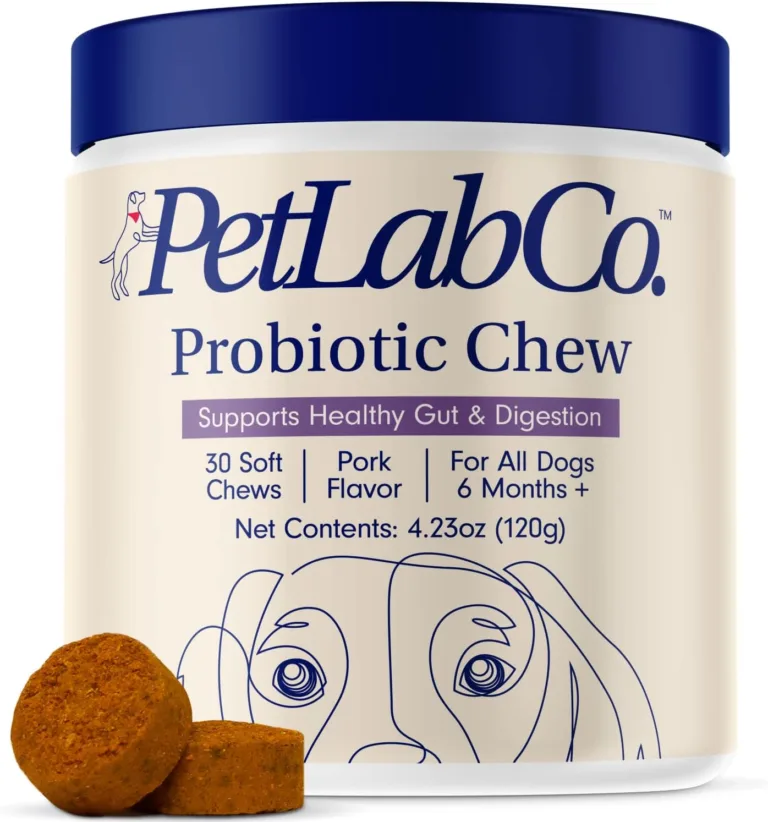What Fruits Can Dogs Eat?
You might often wonder what types of fruits your beloved canine can safely consume. Well, you’re in luck because this article will answer exactly that. By reading this, you will discover the various fruits that are beneficial to your dog’s health and those that are not. Let’s get started on expanding your knowledge about your dog’s diet.
Understanding Dog’s Nutritional Needs
Before diving into what fruits dogs can eat, let’s make an important detour. It’s crucial to understand the nutritional needs that dogs have. Like humans, dogs need a balanced diet to stay healthy and vibrant.
Animal-based protein sources for dogs
Your dog’s diet should be rich in animal-based protein. Protein supports numerous functions in your dog’s body, including building and repairing muscles and tissues. It also aids the creation of antibodies that help fight infections and illnesses.
Importance of carbohydrates and fats
Carbohydrates provide essential energy, yet they should never constitute more than 70% of your dog’s diet. Too many carbs can lead to obesity and other health problems. Fats, on the other hand, are another crucial source of energy. They help absorb essential vitamins and protect the internal organs.
Vitamins and minerals essential for dogs
Just like us, dogs also need vitamins and minerals for their body’s wellbeing. For instance, Vitamin A contributes to good vision and immune function while Vitamin D is essential for bone health. Calcium, magnesium, potassium, and sodium are vital for nerve transmission and fluid balance.
Benefits of Fruits in Dog’s Diet
Incorporating fruits into your dog’s diet can be highly beneficial. But, it’s not just about supplementing their diet with something sweet. Fruits offer significant health benefits.
Promotion of digestive health
Fruits are high in fiber, which is excellent for your dog’s digestive health. It aids in preventing constipation and can contribute to weight management.
Boosting immune system
Many fruits are rich in vitamins A, C, and E. These are antioxidants that help boost the immune system, keeping your dog healthy and less prone to diseases.
Improvement of skin and fur health
Vitamins, minerals, and healthy fats in fruits can incredibly enhance your dog’s skin and fur health.
Increasing hydration
Most fruits have high water content, providing your dogs with additional hydration.

Fruits that are Safe for Dogs
Wondering what fruits dogs can eat? The list is long. However, remember that moderation is key and it’s always best to introduce new foods gradually.
Apples, Bananas, Blueberries, Cranberries, Mangoes, Oranges, Peaches, Pears, Pineapple, Raspberries, Watermelon
These fruits are incredibly beneficial and safe for dogs. Remember to remove seeds and pits, as these can be harmful.
Preparation of Fruits for Dogs
Removing seeds and pits
Before feeding fruits to your dog, always remove seeds and pits. These can either be toxic or pose a choking hazard.
Serving in moderation
Moderation is key when feeding your dog fruits. Despite their health benefits, too much can lead to stomach upset.
Choosing organic and pesticide-free options
Whenever possible, choose organic fruits. If not, make sure you thoroughly wash the fruits to remove any residual pesticides.
Avoiding canned or preserved fruits
Canned or preserved fruits often contain added sugars and preservatives that are harmful to dogs. Always opt for fresh fruits.
Canines and Citrus Fruits
Citrus fruits like oranges can be beneficial to dogs, but you should take some precautions.
Benefits of citrus fruits
Citrus fruits are high in fiber, potassium, and vitamin C. They can be a good addition to your dog’s diet when fed in moderation.
Precautions with citric acid
Excessive citric acid can lead to stomach upset in dogs. Always ensure your dog enjoys citrus fruits in small quantities.
Avoiding citrus peels and seeds
Citrus peels and seeds can lead to blockages in your dog’s digestive tract. Always remove them before serving.
Tropical Fruits Dogs Can Eat
Tropical fruits like papayas, mangoes, and pineapples are safe for dogs when served correctly. However, be wary of potential allergens, which are more common with tropical fruits.
Berries Your Dog Can Enjoy
Berries, such as strawberries, blueberries, blackberries, and raspberries, are safe for dogs and are packed with antioxidants. But, be mindful about feeding wild berries, as some can be toxic.
Fruits to Avoid for Dogs
While many fruits are safe for dogs, some are decidedly not. Avoid grapes and raisins, cherries, avocados, persimmons, peaches, and plums. These can pose health risks to your dog.
Recognizing Allergic Reactions to Fruits
It’s crucial to know the signs of an allergic reaction in your dog. These signs could include itching, swelling, difficulty breathing, or digestive troubles. If your dog shows any signs of an allergic reaction, seek veterinary care immediately.
Conclusion
While fruits can offer terrific health benefits for your dog, it’s essential to balance these benefits with potential risks. Always consider the size and breed of your dog before introducing new fruits. Most importantly, consult with your vet before making any significant changes to your dog’s diet.






